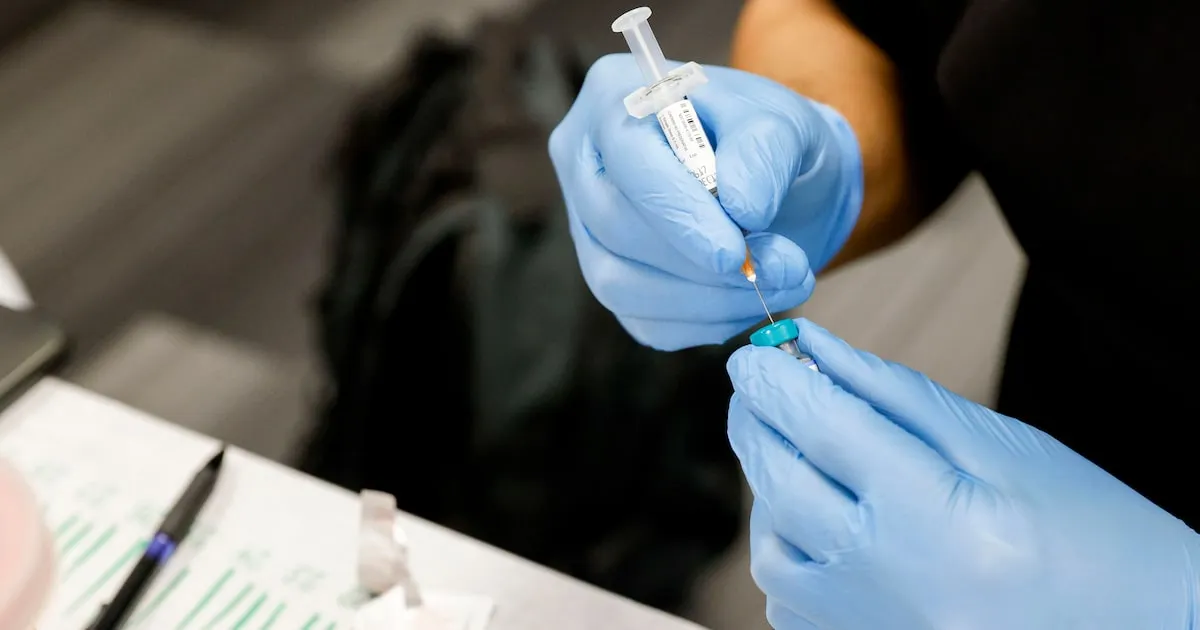
The recent measles outbreak that originated in Gaines County has officially reached the Dallas-Fort Worth area, marking a concerning development in public health. According to a Tuesday update from the Texas Department of State Health Services, two new cases have been linked to this outbreak—one in Collin County and another in Rockwall County. This brings the total number of measles cases reported in the Dallas-Fort Worth region to seven this year.
Prior to this update, none of the reported cases in the Dallas-Fort Worth area were connected to the larger outbreak. In addition to the two newly linked cases, state health officials have categorized five other measles cases in the region as “not associated” with the ongoing outbreak. Furthermore, there is an additional case reported in Denton County that has not yet been included in the state’s official measles updates.
Since the beginning of the year, Texas has documented a staggering total of 717 measles outbreak cases. Fortunately, less than 1% of these cases are currently considered infectious, as reported by state officials. The outbreak has not only affected Texas but has also led to confirmed cases in neighboring states, New Mexico and Oklahoma. Current statistics indicate that there have been a total of 805 reported cases across these three states.
In Texas alone, the ongoing measles outbreak has resulted in 93 hospitalizations and, tragically, two child fatalities. Both children who succumbed to the illness were unvaccinated and did not have any underlying health conditions, according to Texas health officials. This highlights the severe risks associated with measles, a highly contagious disease that can rapidly spread among unvaccinated populations.
The measles-mumps-rubella (MMR) vaccine is crucial in preventing measles and is 97% effective when administered in two doses. Thanks to widespread vaccination efforts, measles was declared eliminated in the United States in 2000. However, the resurgence of outbreaks in communities with low vaccination rates serves as a stark reminder of the importance of immunization. The vaccine is recommended for nearly everyone, starting at approximately 12 months of age. It is important to note that individuals who are pregnant or immunocompromised are advised against receiving the vaccine.